Property managers
Create more value, faster
Strengthen your energy and sustainability offering with modern environmental data collection. Our platform makes the perfect foundation for property managers who aim to scale their offerings across customers and markets.

How can we elevate your offerings?

Automate data collection
Use our platform to collect energy data for your customers, and offer energy and sustainability services that truly scale.
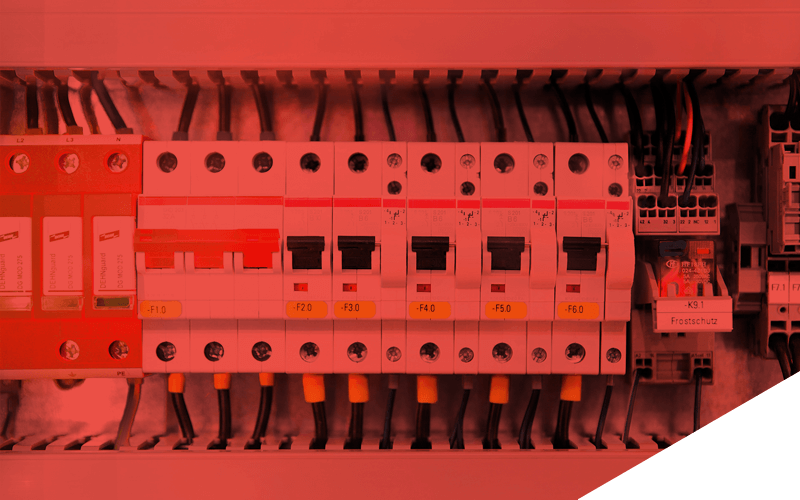
Collect anything, anywhere
Deliver value to customers from day one, regardless of market or what brands of technical systems they use.
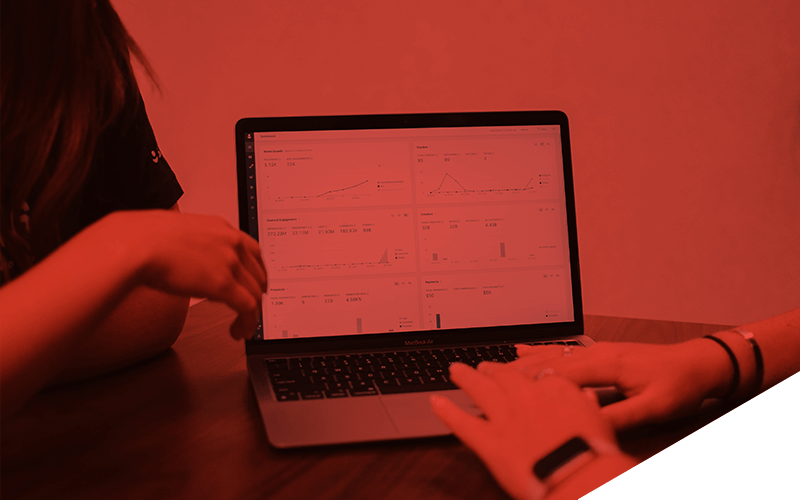
Use the same tools for all customers
Onboard your customers and access their historical data in minutes. Maximize productivity by sticking to the tools you are already familiar with.

Automated data collection
The end to customer-specific solutions
Spend your time on what matters
Say farewell to reading meters manually, and embrace automated energy data collection. Our platform lets you collect utility data for new customers in any market quickly, using digital power of attorneys, customer credentials, or utility bills. Less frustration, more action!
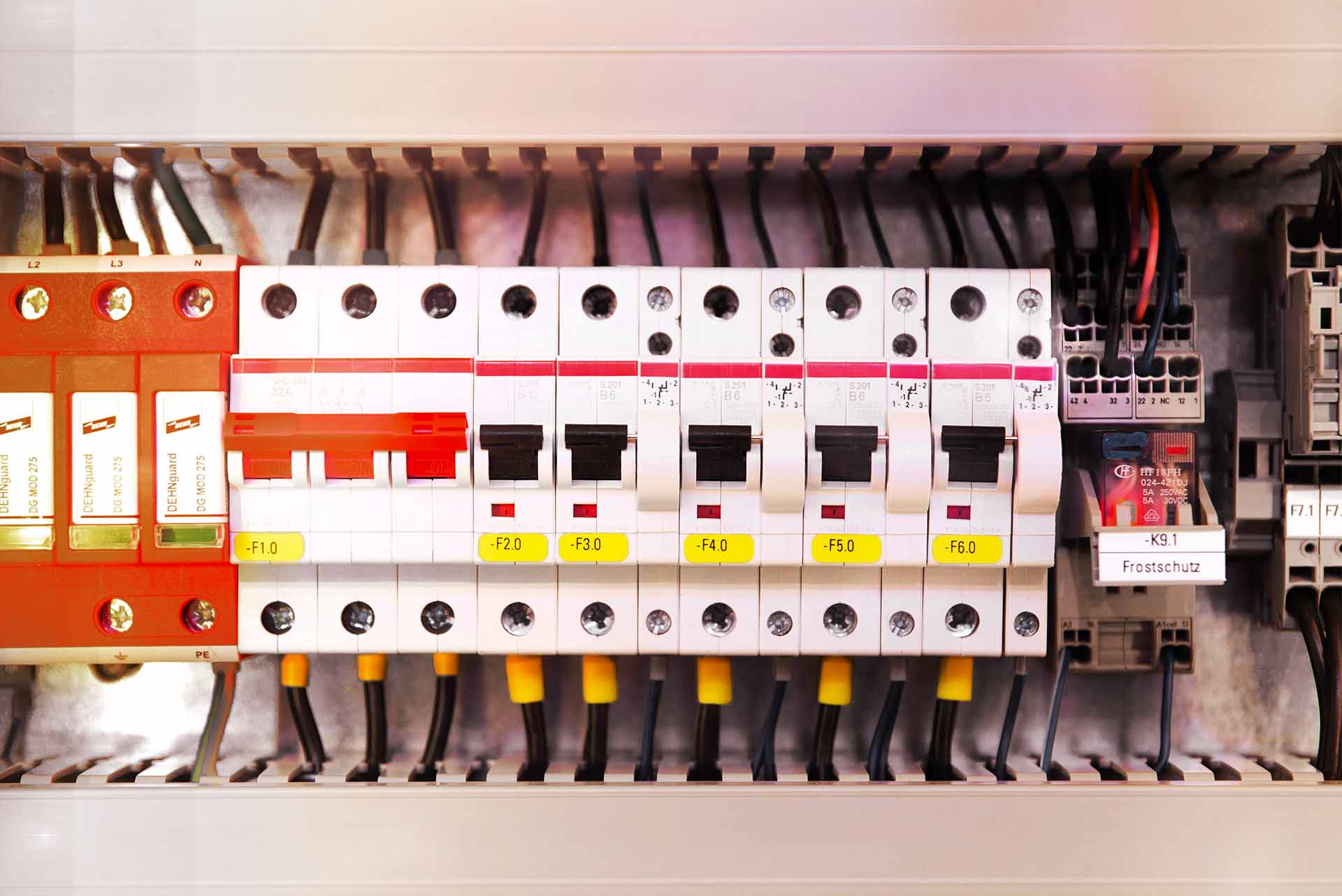
Smart meters
Energy data from any source
Forget about market specifics
Let go of manufacturer differences, and collect data from any smart meters, solar panels, charging stations, and HVAC units seamlessly. We make it a breeze to connect different hardware in different buildings built in different periods in time.

Integrations and api:s
Unlimited use cases
Future-proof your toolbox with ready-made integrations and an open API
Connect all the tools you need for energy analysis, sustainability reporting, building certifications, tenant invoicing, and budget follow-up. We also make it easy to include live environmental data in BI-systems.
Read more about energy management
Read more about sustainability management
From meter to magic in three simple steps
Let us know what you need
We will guide you through getting started. A single invoice per utility provider is generally enough to get started.

Sort and arrange
Sort and structure your discovered meters in any way you like. Add tags, responsibility areas, and other useful bits of information.
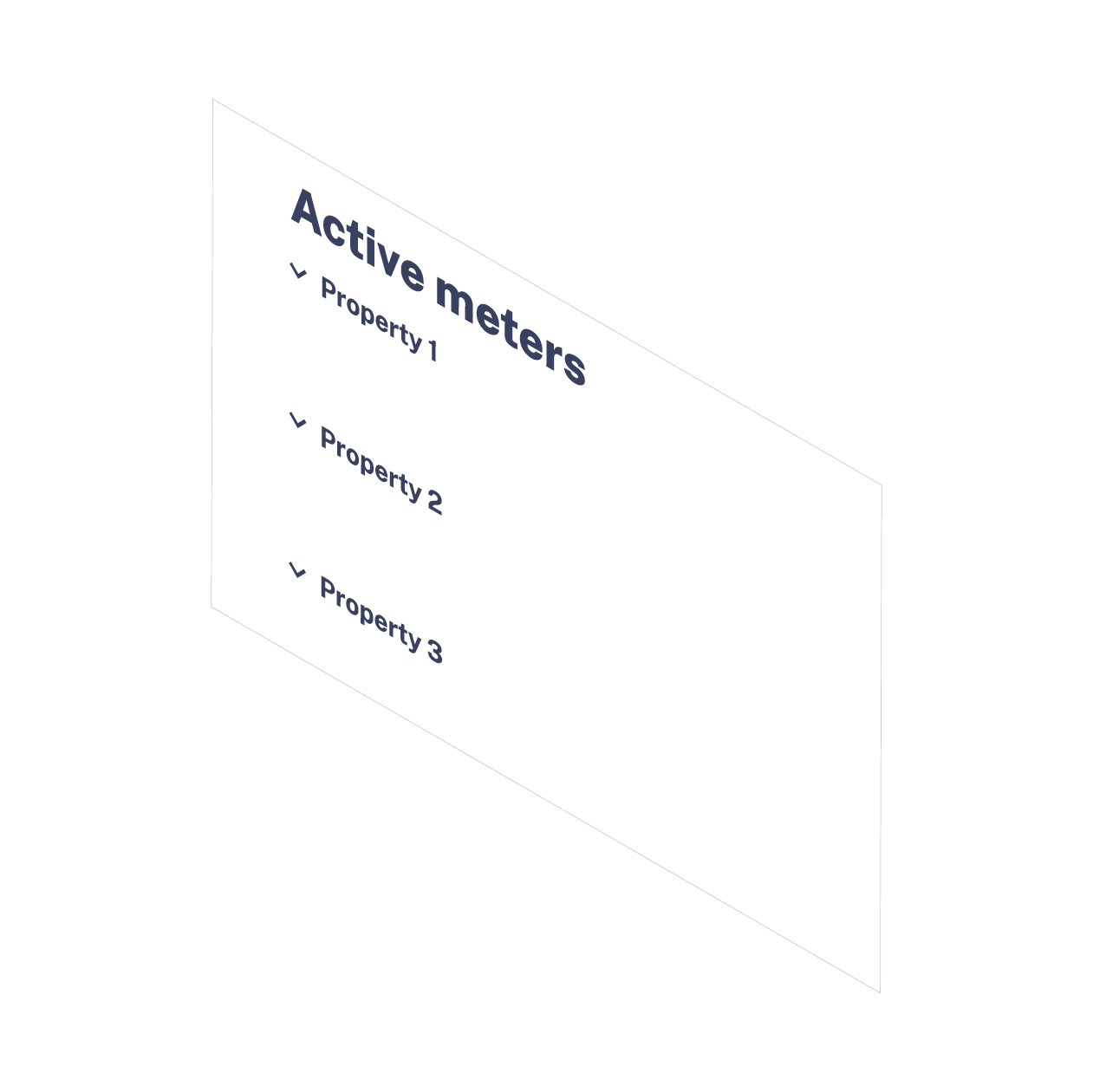
Pick services
Open a supported service where you need environmental data. Click the Connect to Metry button, and your data is instantly available.
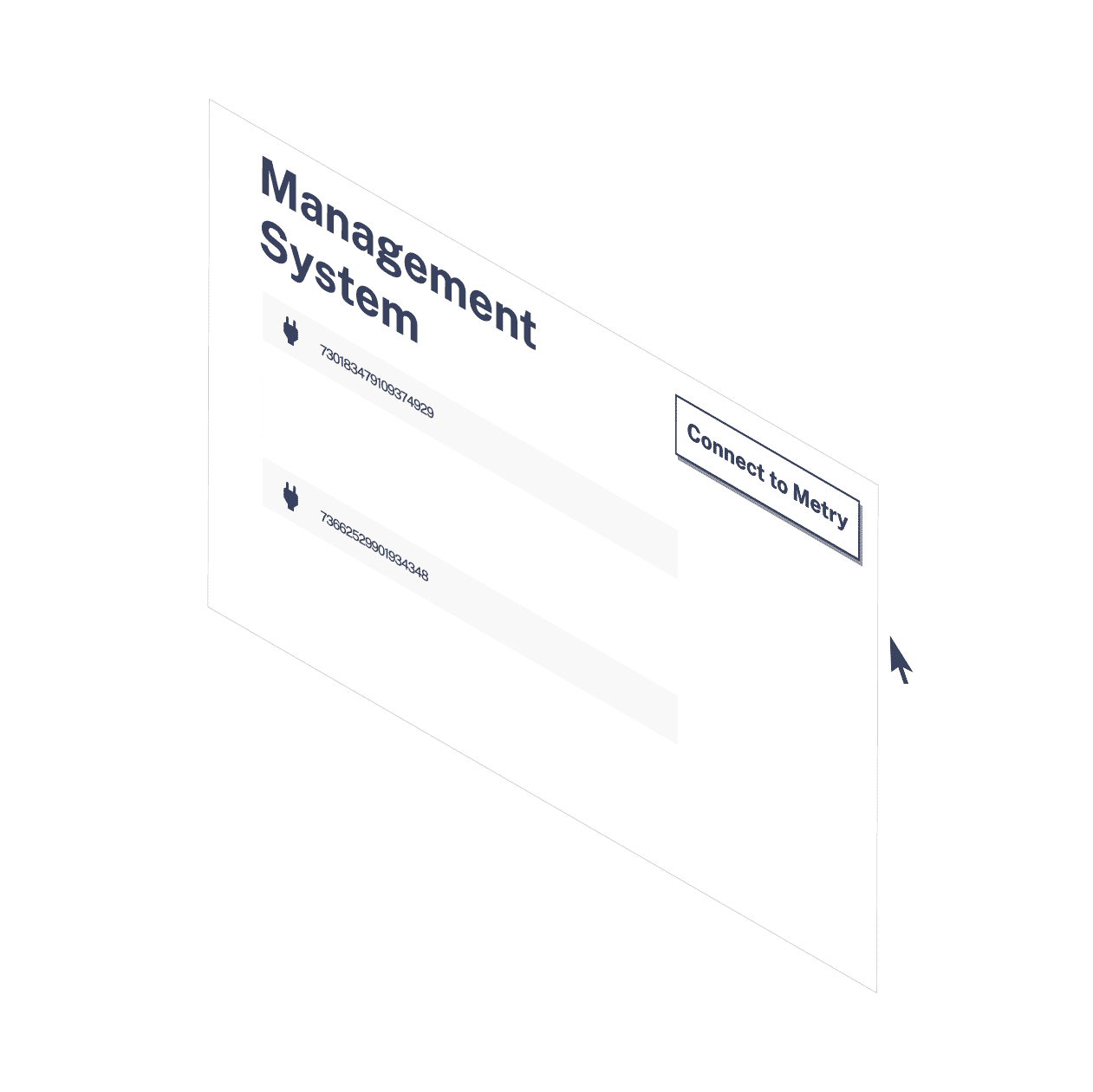
See Metry in action
Schedule a session where we’ll talk more about how you can improve your offerings with automated data collection
it’s all in the details
Frequently asked questions
Convince your manager to invest in a data‑collection platform. Ensure IT have their security checklist covered. Let your operations team know that they can keep on using the same systems.
This is where we provide detailed answers to common questions. Got something even more specific? Schedule a session with us, and we’ll provide you with answers tailored for your business.



